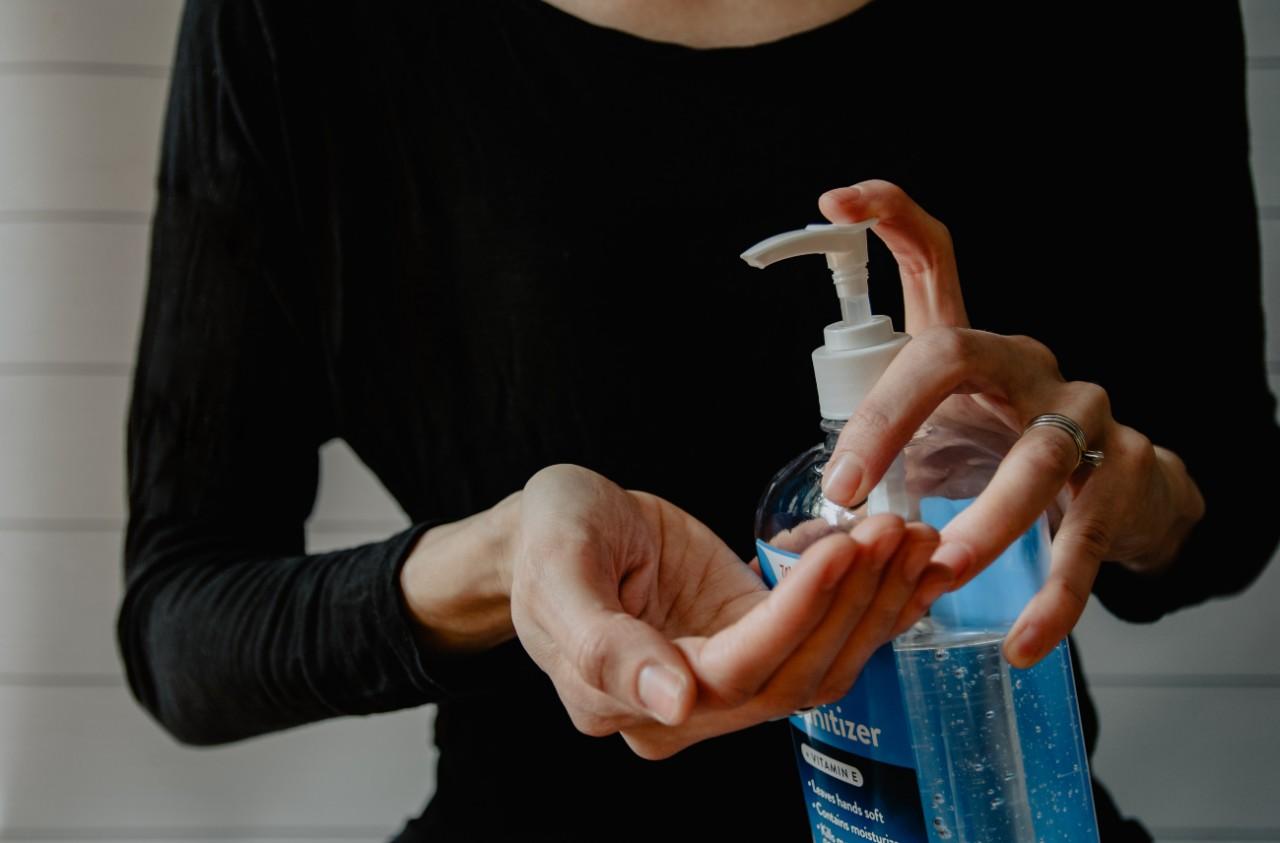How businesses are adapting their offerings in response to Coronavirus (COVID-19)
Coronavirus (COVID-19) is one of the biggest disruptors of the 21st century and with the situation evolving each and every day, it can be difficult for businesses to remain agile and adapt to the new normal they are presented with.
It is no longer “business as usual” and many businesses have had to change their strategies from profitable to operable and come up with innovative services in line with new restrictions and emerging demands.
We take a look at some of the creative new ways businesses have adapted to the COVID-19 crisis and how they are providing vitally important services to a range of stakeholders.

The new liquid gold
With the growing demand of essential products such as hand sanitizer and face masks, many companies have adapted their manufacturing sites to mass produce these items. Luxury French brand LVMH, boasting brands such as Louis Vuitton, Dom Perignon, and Bulgari in their portfolio, have swapped their perfume production for hand sanitizer and closer to home, local gin distiller Prohibition Liquor Co. have produced 200 bottles of Juniper scented sanitizer as an accompaniment to online purchases of their boutique gin. In addition to hand sanitizer, a world shortage of face masks is now imminent and online fashion retailor Reformation has jumped on this gap in the market, adding non-medical face masks to their range, allowing customers to purchase a 5 pack, or donate a 5 pack to a community in need.
Breath of fresh air into medical manufacturing
Another key item that has been in demand across hospitals and health facilities alike is the ventilator, an essential item to assist with the breathing difficulties associated with COVID-19. In the UK, a consortium of large companies including Airbus, BAE Systems, Ford and Rolls Royce have come together to partake in the “VentilatorChallengeUK”. Whilst still in the final stages of approval, this challenge will see these companies adapt their manufacturing facilities to produce 10,000 ventilators to be distributed across the UK. Over in the US, carmaker Toyota has reconfigured its production sites in order to 3D print face shields for use by health professionals working on the frontline and luxury care manufacturer Mercedes, based in Germany, has pledged its fleet of 3D printers to produce much needed medical devices.
Hospitality heroes
Arguably one of the hardest hit industries, hospitality businesses are rallying together to adapt to the changing circumstances as part of a desperate attempt to stay afloat. With food sourced from restaurants, cafes and take out venues accounting for nearly 40% of all food consumed by Australians each week, business are now turning to different delivery offerings to ensure customers keep coming back. Lot 100, a winery located in the Adelaide Hills, are now offering make at home pizza and pasta kits and have converted a function room into a boutique liquor store. Utilising their usual orders of fresh produce from local producers, they have also introduced an essentials vegetable box, available for pick up, allowing the venue to operate as an essential service to the local community.
Study
We offer a range of business related degrees, enabling students to choose their own path and become career ready.

